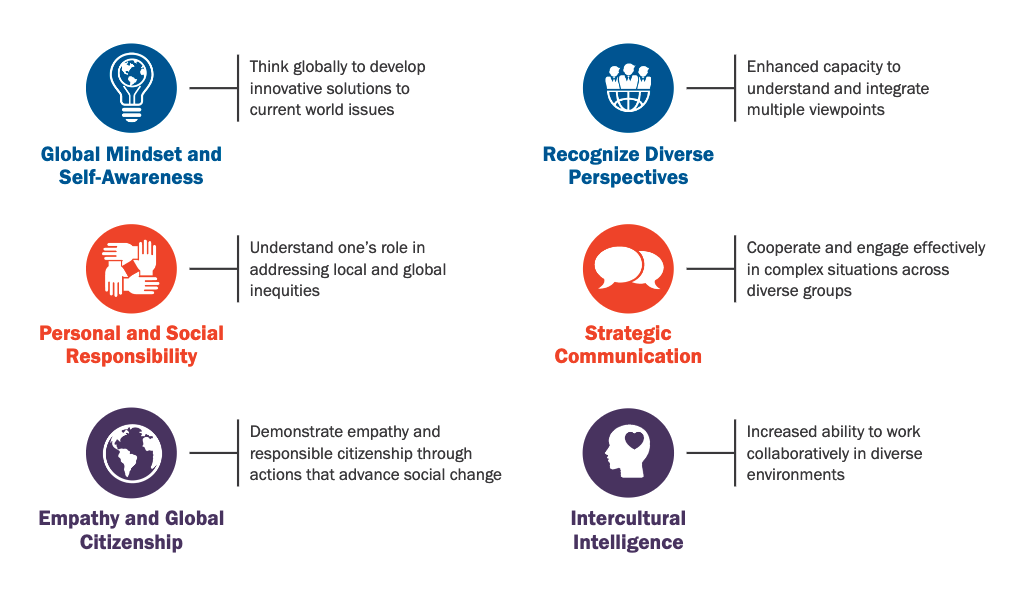Program Learning Outcomes and Curriculum
Program Vocational Learning Outcomes
Program vocational learning outcomes describe what graduates of the program have demonstrated they can do with the knowledge and skills they have achieved during their studies. The outcomes are closely tied to the needs of the workplace. Through assessment (e.g., assignments and tests), students verify their ability to reliably perform these outcomes before graduating.
The program vocational learning outcomes for this program are
1. Analyze, diagnose*, and solve various motive power system problems by using problem-solving and critical thinking skills and strategies and by applying fundamental knowledge of motor vehicle operation, components, and their interrelationships.
2. Diagnose* and repair climate control systems in compliance with manufacturers’ recommendations.
3. Diagnose* and repair engine systems in compliance with manufacturers’ recommendations.
4. Diagnose* and repair electrical, electronic, personal safety, and emission components and systems in compliance with manufacturers’ recommendations.
5. Diagnose* and repair drive train components and systems in compliance with manufacturers’ recommendations.
6. Diagnose* and repair suspension, steering, and brake components and systems in compliance with manufacturers’ recommendations.
7. Disassemble and assemble components to required specifications by applying workshop skills and knowledge of basic shop practices.
8. Select and use a variety of troubleshooting techniques and test equipment to assess electronic circuits, vehicle systems, and subsystems.
9. Apply knowledge of hydraulics and pneumatics to the testing and analysis of motive power systems and subsystems.
10. Communicate information effectively, credibly, and accurately by producing supporting documentation to appropriate standards.
11. Use information technology and computer skills to support work in a motive power environment. *diagnose: to use a variety of procedures such as inspection, analysis, and testing to identify the nature of a problem affecting a motive power component, system, or subsystem. II Vocational Standard 7
12. Prepare, support, maintain, and communicate data from log, record, and documentation systems.
13. Apply business practices, project management skills, and communication skills to improve customer service.
14. Assist in quality-control and quality-assurance programs and procedures.
15. Develop and use personal and professional strategies and plans to improve professional growth, job performance, and work relationships.
16. Complete all assigned work in compliance with occupational, health, safety, and environmental law; established policies and procedures; codes and regulations; and in accordance with ethical principles.
Essential Employability Skills Outcomes
Essential Employable Skills (EES) are skills that, regardless of a student’s program or discipline, are critical for success in the workplace, in day-to-day living, and for lifelong learning. Graduates will reliably demonstrate abilities in six skill categories:
1. communicate clearly, concisely, and correctly in the written, spoken, and visual form that fulfills the purpose and meets the needs of the audience.
2. respond to written, spoken, or visual messages in a manner that ensures effective communication.
3. execute mathematical operations accurately.
4. apply a systematic approach to solve problems.
5. use a variety of thinking skills to anticipate and solve problems.
6. locate, select, organize, and document information using appropriate technology and information systems.
7. analyze, evaluate, and apply relevant information from a variety of sources.
8. show respect for the diverse opinions, values, belief systems, and contributions of others.
9. interact with others in groups or teams in ways that contribute to effective working relationships and the achievement of goals.
10. manage the use of time and other resources to complete projects.
11. take responsibility for one’s own actions, decisions, and consequences.
Global Citizenship and Equity Learning Outcomes
There are six Global Citizenship and Equity (GCE) learning outcomes integrated into Diploma and Advanced Diploma programs as a component of Centennial’s Signature Learning Experience (SLE). The SLE reflects the College’s promise to provide students with a distinctive and inclusive educational experience that builds on a foundation of global citizenship, equity, and social justice. Certificate and Graduate Certificates also include at least two GCE learning outcomes. The GCE learning outcomes are:
- Identify one’s role and responsibilities as a global citizen in personal and professional life.
- Identify beliefs, values, and behaviours that form individual and community identities and the basis for respectful relationships.
- Analyze issues of equity at the personal, professional, and global level.
- Analyze the use of the world’s resources to achieve sustainability and equitable distribution at the personal, professional, and global level.
- Identify and challenge unjust practices in local and global systems.
- Support personal and social responsibility initiatives at the local, national, and global level.
Global Citizenship and Equity Portfolio
As a component of the SLE, Diploma and Advanced Diploma program students will complete the Global Citizenship and Equity (GCE) Portfolio. Building the GCE Portfolio is a process of documenting your GCE learning. Each item selected for inclusion in the portfolio demonstrates growth and understanding of Global Citizenship and Equity within your program of study.

Students are encouraged to develop their GCE Portfolio beginning in their first semester. You will add artifacts from coursework and accompanying reflections as well as artifacts arising from co-curricular activities, volunteering, etc. to your portfolio as you progress through the program. You are encouraged to use the ePortfolio tools available on eCentennial, as well as to develop an online professional portfolio presence through LinkedIn and/or other personal websites/blogs.

